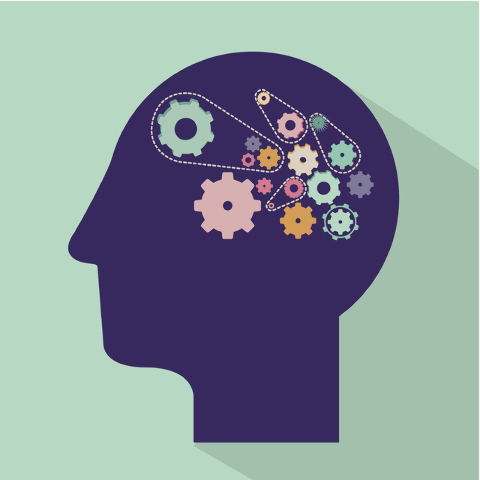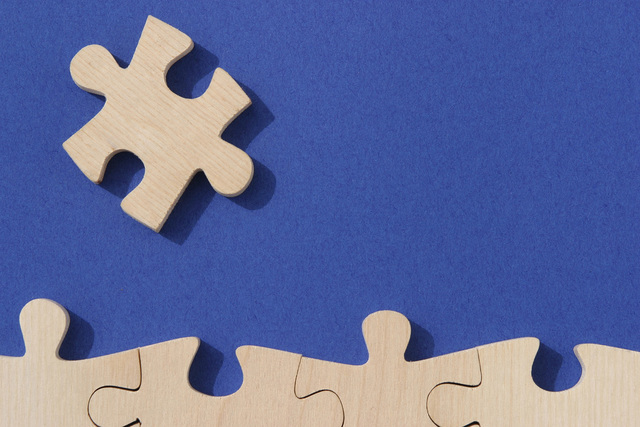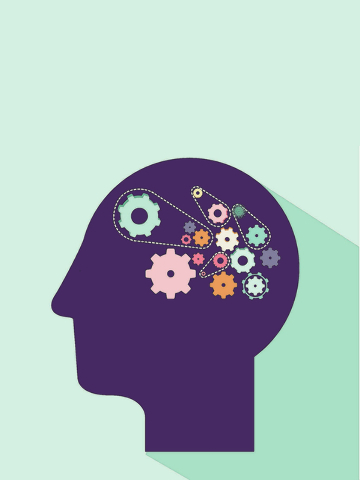Do these things for your brain
They seem to come out of nowhere, those head-scratching memory glitches that have you fumbling for the name of a movie you just saw, or standing in the middle of the kitchen wondering why you walked in there in the first place.
They can be annoying and sometimes a little scary, but for the majority of older adults these occasional lapses are quite normal.
“With aging, your speed of processing slows down, so it takes a little longer for things to come back to you. Things stay on the tip of the tongue a little longer, you may start out (going somewhere) and wonder where you’re going but it comes back to you,” said Dr. Charles Bernick, associate medical director at the Cleveland Clinic Lou Ruvo Center for Brain Health.
It’s a combination of typical physiological changes in the brain that occur with age and outside factors that can include everything from life experiences to day-to-day stresses, he said. But the good news is there are ways to strengthen and sharpen memory through lifestyle.
Studies reveal, for example, that one of the best tools to improve overall brain health and memory is aerobic exercise, Bernick said. It can spur the release of proteins called nerve growth factors that help protect brain cells and stimulate the growth of stem cells.
The Mediterranean diet, rich in antioxidant foods such as berries, nuts, and green, leafy vegetables, is believed to help prevent the cellular injury that occurs with age. Studies also show that quality, restorative sleep helps strengthen both learning and memory retention.
“Sleep is really an active time (for the brain). It’s thought that it actually has a protective effect, even with things like Alzheimer’s disease,” Bernick said.
The brain can also be incredibly adaptable. Science calls it neuroplasticity, or the brain’s ability throughout a lifetime to rewire itself by processes such as building and strengthening neural pathways.
In other words, while it may take longer to absorb new information in your 50s and beyond, the brain is still working to ensure that it is not only learned but retained, Bernick said. So there’s no expiration date on finally learning that second language, say, or starting a new hobby.
In fact, trying new experiences and staying engaged with the world can be incredibly beneficial. Clinical psychologist David Alter calls it “cross-training” the brain.
“The more things we explore and experiment with, the more flexible and resilient the brain is, including memory. … There’s plenty of evidence that we continue to rewire experience well into our 80s, maybe even beyond,” noted Alter, who is also co-author of “Staying Sharp: 9 Keys for a Youthful Brain through Modern Science and Ageless Wisdom” (Touchstone, 2015).
Studies show that strong social connections, not just Facebook friends but close, intimate ties to friends and family are beneficial, as well as stress-reduction practices such as meditation, or pulling away from a chronically hectic work schedule and finding the time to play, Alter noted.
Ironically, these are the kinds of practices that are often pushed aside because of outdated notions of what it means to grow older, Alter said. Worrying about those occasional memory glitches doesn’t help either.
In fact, while the name of that movie seems to disappear like a ship drifting off into the fog, it’s important to remember that decades of experiences are worth something, too. In fact, the ability to synthesize information only gets better with age. This means better judgment, decision-making and overall wisdom.
Bernick noted that the Ruvo Center has a website, healthybrains.org, for those who want to take an online test to measure their brain health and learn more about protective lifestyle choices.






























